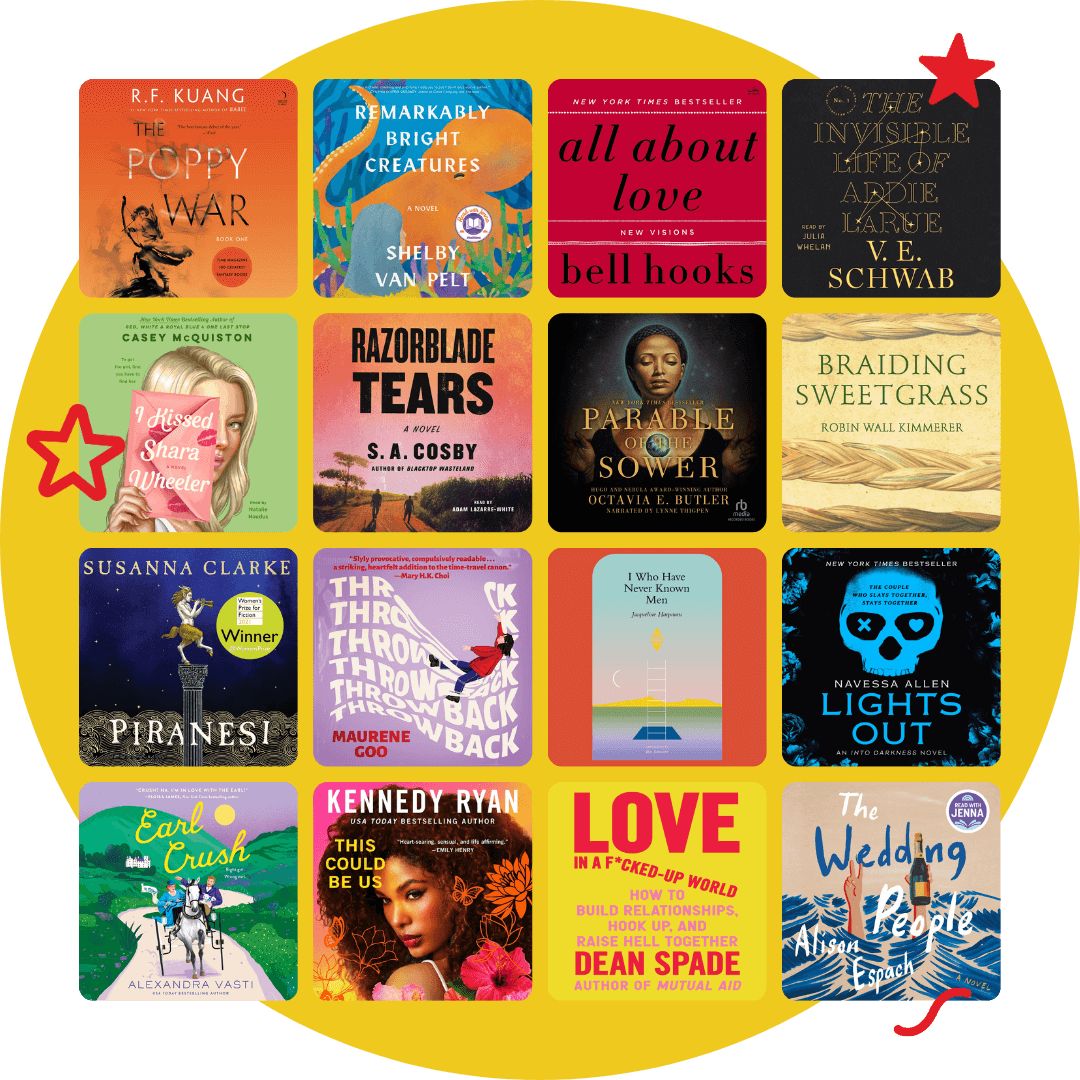Author:
Matthew Congdon

Almost ready!
In order to save audiobooks to your Wish List you must be signed in to your account.
Log in Create account
Indie Bookshop Appreciation Sale
In celebration of indies everywhere, shop our limited-time sale on bestselling audiobooks. Don’t miss out—purchases support local bookstores!
Shop the saleMoral Articulation
This audiobook uses AI narration.
We’re taking steps to make sure AI narration is transparent.
Learn moreSummary
This book explores the historical development of new moral concepts. Starting from examples of new moral terms invented in the twentieth century, like 'sexual harassment', 'racism', and 'hate speech', this book asks: what we are doing when we bring ethically significant acts and events under new descriptions? Are we simply naming moral phenomena that already exist, fully formed and intact, prior to their expression in language? Or are moral phenomena sensitive to the descriptions under which they fall, such that new modes of moral expression can reshape the phenomena they bring to light?
Moral Articulation outlines an ethical framework that allows us to embrace a version of the latter, transformative view without sacrificing notions of moral truth, objectivity, and knowledge. The book presents a view of moral meaningfulness as extending beyond what we can presently put into words, urging that expansions in our moral vocabularies often begin in dissonant experiences of conceptual and linguistic limits. Resisting a tendency in contemporary ethics to start with situations and dilemmas whose descriptions are already given, this book argues that the struggle to piece together a discursively articulate picture of a situation is an ethical task in its own right. The result is a picture of ethical life that emphasizes the role of language in shaping who we are.
Audiobook details
Narrator:
James Romick
ISBN:
9798855509205
Length:
7 hours 20 minutes
Language:
English
Publisher:
Tantor Media, Inc
Publication date:
January 30, 2024
Edition:
Unabridged
 Start gifting
Start gifting
 Libro.fm for Business
Libro.fm for Business
 Start a membership, get two free audiobooks
Start a membership, get two free audiobooks